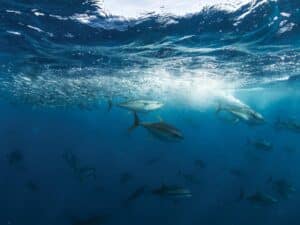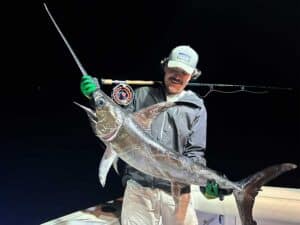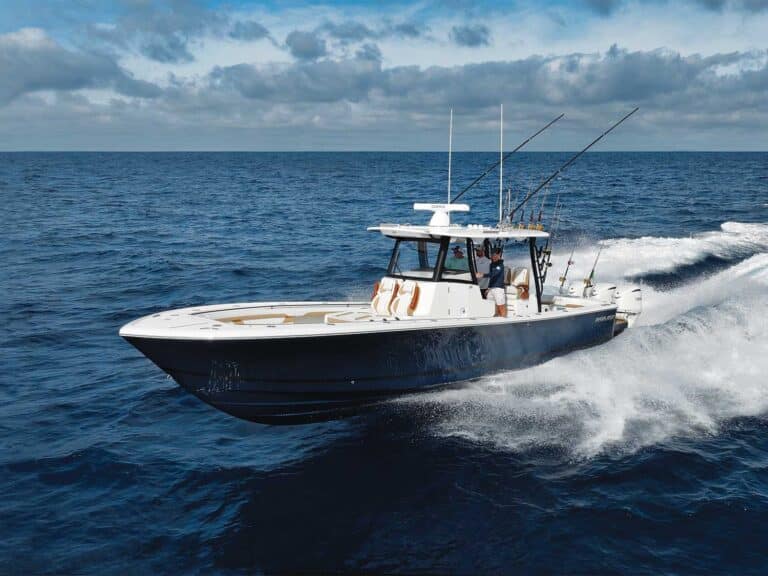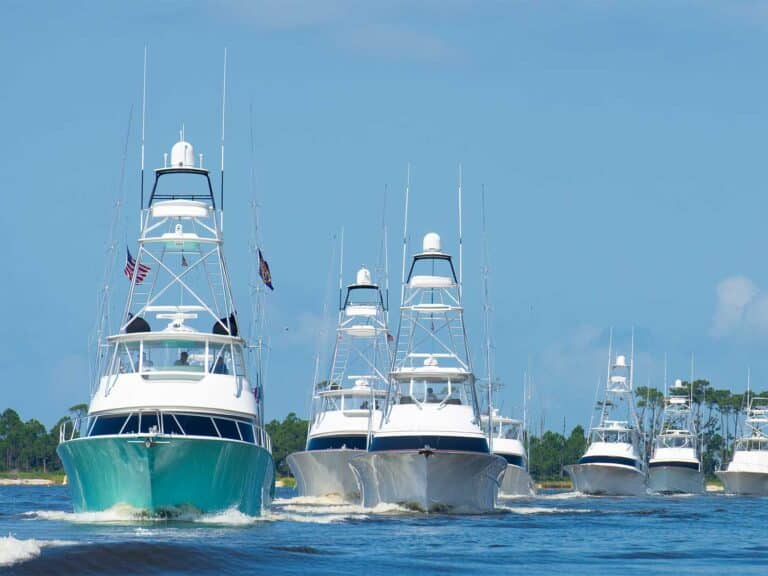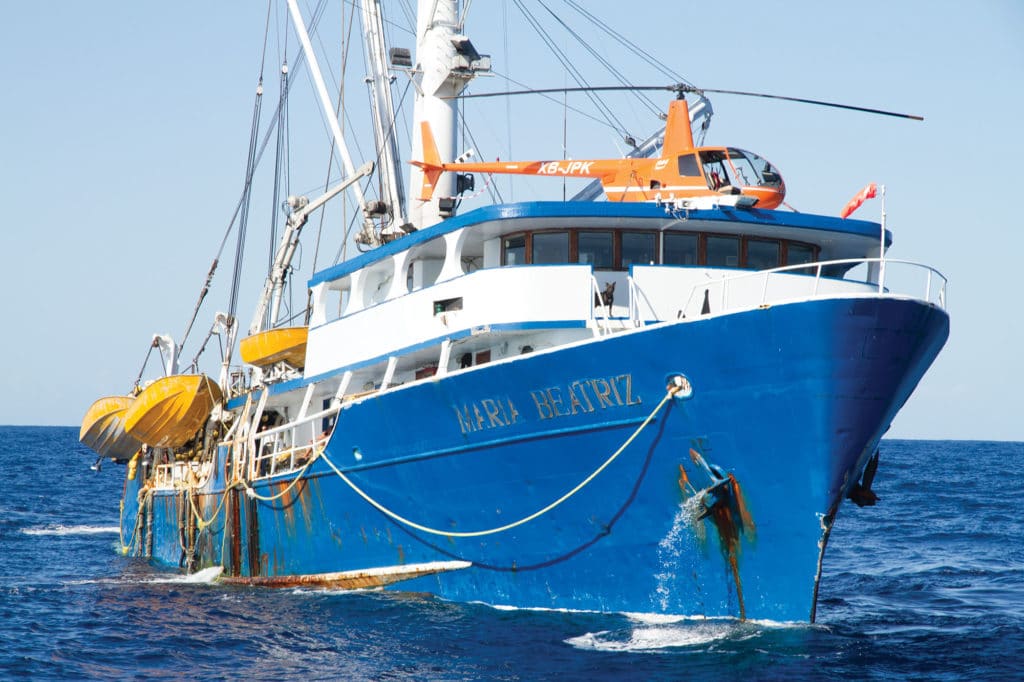
Many of you have no doubt heard about the “deal” the Bahamian government was considering that would allow Chinese commercial fishermen to fish Bahamian territorial waters. Luckily, at the time of this writing anyway, things seem to be stalled as the prime minister has stated he would not approve the $2.1 billion agreement that would provide exclusive access to Bahamian fisheries. Let’s hope this is still the case when you read this, as this situation could have significant negative repercussions on both Bahamian and United States fisheries.
But what allows proposed agreements like this to happen in the first place? What we’re witnessing in the Bahamas is really only a symptom of a bigger problem affecting fisheries globally: government subsidies funding fisheries that would otherwise be unprofitable. Government subsidies have become an insidious component of fisheries operating in the exclusive economic zones of many countries and on the high seas, and have some detrimental impacts.
A 2013 report to the European Parliament’s Committee on Fisheries looked at how pervasive subsidies affect the sustainability of fisheries worldwide. Simply defined, fisheries subsidies are compensation given from public entities to the commercial fishing sector that allow those participating in the fishery to make more profit than they would otherwise. The byproduct of subsidies is that they facilitate overfishing and the depletion of resources.
Fisheries subsidies initially developed in the late 1940s were reasonably well-intentioned and were aimed at providing post-war infrastructure to undercapitalized fisheries to boost economy and food security. Likewise, subsidies that promote sustainability through enhanced monitoring, management and research are deemed “beneficial” subsidies. The dark side of subsidies comes in the form of those geared toward dramatically increasing fishing capacity to the point of overcapitalization. Over the last several decades, these capacity-enhancing subsidies have grown out of control and have created an artificial environment that allows more individuals and vessels to participate in a given fishery than is economically and ecologically sustainable. Examples of capacity-enhancing subsidies include things like boat construction/renewal programs, fuel subsidies and, yep, foreign-access agreements such as the one proposed between China and the Bahamas government.
According to the study, fisheries subsidies around the world were estimated at some $35 billion in 2003. What’s worse is that capacity-enhancing subsidies compose the bulk of this total at over $20 billion, with fuel subsidies being the biggest chunk. That is, most funding is being put toward building bigger boats that travel farther abroad on the high seas to catch fish and supplying those boats with the fuel necessary to get them there and back. Not surprisingly, developed nations provide more subsidies than undeveloped ones. The great disparity is thought to significantly disadvantage developing countries and small-scale fishers that simply cannot compete with overfunded industrial fleets.
Respectively, Japan, China and the U.S. are the top three subsidy-providing countries, but the composition of subsidies differs significantly. The bulk of U.S. subsidies are characterized as beneficial versus capacity-enhancing, which is the majority of Japan and China’s subsidies. If one looks at geopolitical entities, the European Union outranks Japan, China and the U.S., with capacity-enhancing subsidies also making up the majority.
There have been a number of global efforts over the years geared toward trying to reign in heavily subsidized fisheries. The United Nations and the World Trade Organization, in particular, have been leading the charge to highlight the deleterious impacts of subsidies and to enact fisheries policy reform. However, the authors of the 2013 study acknowledged that regional and national efforts have been lacking, and that action on this level is imperative for addressing subsidies. The authors also put forward a number of recommendations to attempt to fix the problem. Eliminating capacity-enhancing subsidies and/or redirecting them to support sustainable activities (like fishing for oceanic plastic debris) are steps that need to be taken to prevent or control overcapitalization and unsustainable fishing practices.
